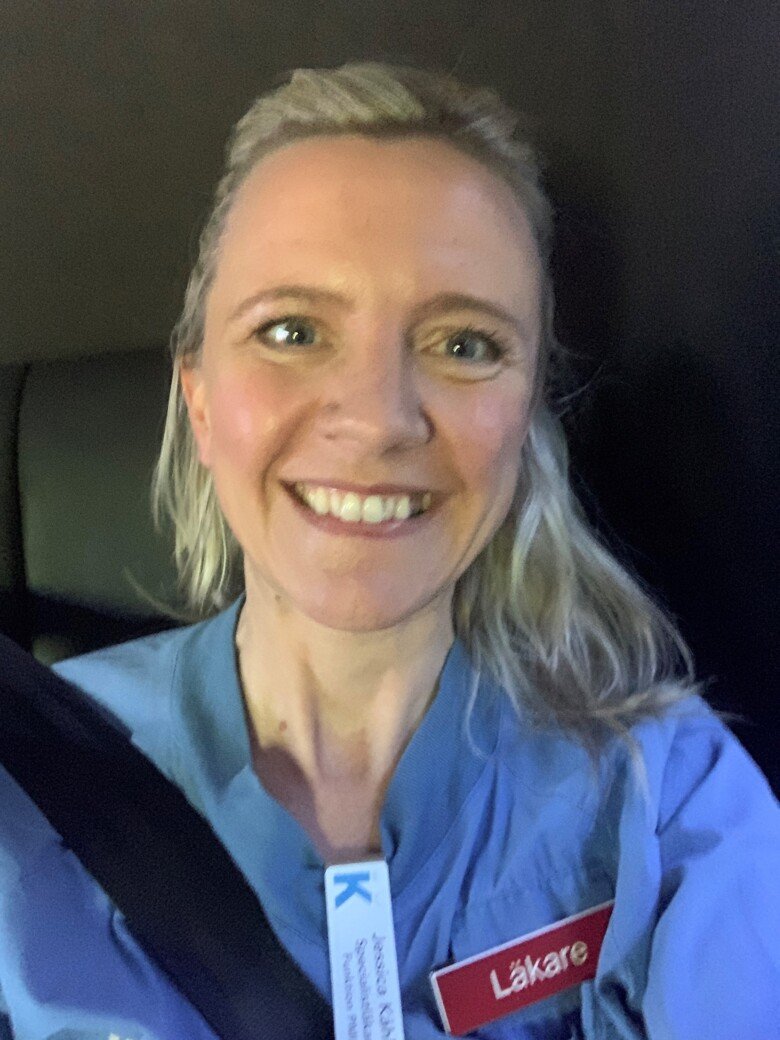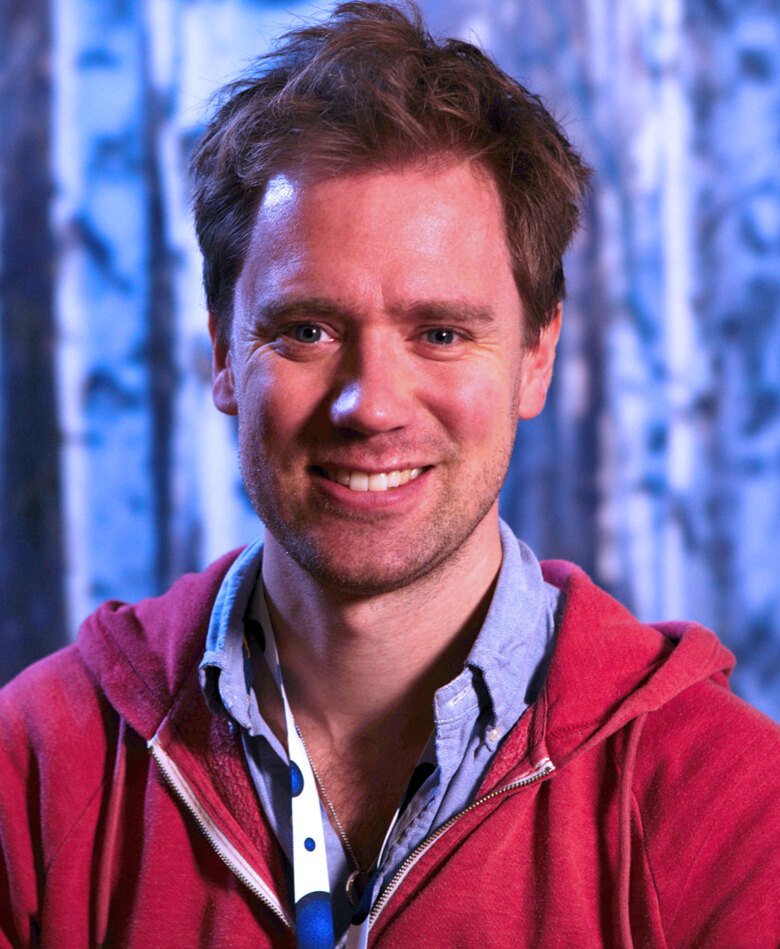StratNeuro supports clinical neuroscience research in 2021

The StratNeuro board has reviewed the neuroscience submissions to the SLL call “kliniska forskare” (2020) and decided to support the two researchers at Karolinska Institutet with SEK 500,000 each.
This grant is intended to provide additional support to clinical researchers in neuroscience at KI, who are clinically active and are on the way to becoming established and independent researchers.
Jessica Kåhlin, Department of Physiology and Pharmacology receives support for a project entitled The immune response of the human brain in survivors of critical illness-short and long-term effects on cognition.
Eric Thelin, Department of Clinical Neuroscience receives support for his project entitled Neuroinflammation in traumatic brain injury: Focus on the blood-brain barrier, improved diagnostics and anti-inflammatory treatment.

We got in touch with them both to ask about their projects.
Jessica, tell us a little about your project!
"This project aims at exploring the link between human brain immune activation, peripheral immune activation and cognitive dysfunction after trauma and critical illness through cognitive testing, PET-examinations and bloodsamling at several timepoints after a severe trauma."
What does this grant mean for you and for your research?
"I am an attending medical doctor in the field of Anesthesiology and Intensive Care Medicine, mostly stationed at the Intensive Care Unit, and hence the COVID-ICU, since 11 months ago. I am truly greatful for this grant that will help me start this project off as soon as the covid-19 pandemic cools off. Starting this January I conduct research 50% of my time due to the sll-funding Klinisk Forskare."
Who else is involved?
"Other collaborators are Lars I Eriksson, MD, Professor at PMI and FyFa and Anton Forsberg Morén, researcher at the PET-unit and department of Clinical Neuroscience."
How can your research influence patient care and treatment?
"Hopefully this research can shed light on which patients/groups of patients are susceptible to suffer from cognitive dysfunction after intensive care and further along preventive measures and early treatment can reduce suffering from cognitive decline for a large group of ICU-survivors."
What happens now?
"My future plans include to on a broader scale map the connection between inflammatory biomarkers, markers of neurodegeneration and brain injury along with gene expression of inflammation and exosome typing with subsequent cognitive decline after critical illness."

Eric, could you give a brief description of your project?
"These studies continue and are projects that I’ve been involved in during both my PhD at Karolinska Institutet and my postdoc at the University of Cambridge. However, I know focus specifically on neuroinflammatory and blood-brain injury aspects following traumatic brain injury."
"Currently, there are no approved drugs for this detrimental secondary injury mechanism and there is a need of better diagnostic tools."
What does this grant mean for you and for your research?
"With this grant, I will be able to register a PhD student that will work actively with these projects."
"It also gives me a foundation for trying out other markers of inflammation and assessments of blood-brain barrier integrity. Additionally, the added security this funding provides will help me to plan for future projects beyond these studies."
Is anyone else involved in the project?
"There will be several collaborators for these planned projects, but some of them include: Caroline Lindblad, PhD-student, Department of Clinical Neuroscience, Karolinska Institutet, Philipp Lassarén, Medical student, Karolinska Institutet, Peter Nilsson, Professor, Division of Affinity Proteomics, Department of Protein Science, KTH Royal Institute of Technology, Adel Helmy, University Lecturer, Division of Neurosurgery, Department of Clinical Neurosciences, University of Cambridge
Which patient groups will benefit from the research and how?
"This research is in part conducted on patients with traumatic brain injury, which would benefit directly from this research, both in terms of better diagnostics of blood-brain barrier disruption, but also of potential anti-inflammatory therapies as these are already available. Other acute neurological conditions, such as stroke and subarachnoid hemorrhage patients, would also benefit due to the shared underlying pathophysiology with traumatic brain injury."
What are your future plans?
"Thanks to the grants provided by Region Stockholm, I will now work 50% clinically for the next two to four years (parallel to working as a Neurology Resident at the Karolinska University Hospital) and academically, I plan to submit my docent application this year."
"I’m initiating several new projects. Some involve new retrospective works focusing on the association between blood-brain barrier disruption, and biomarkers of brain injury with intensive care unit metrics in patients with traumatic brain injury, and some are prospective trials that will study how new types of rapid imaging techniques could help detect secondary injuries in patients suffering from traumatic brain injuries and subarachnoid hemorrhage."
"There are also several projects concerning monitoring of brain injured patients in the pipeline together with University of Helsinki, University of Manitoba and the University of Cambridge."
